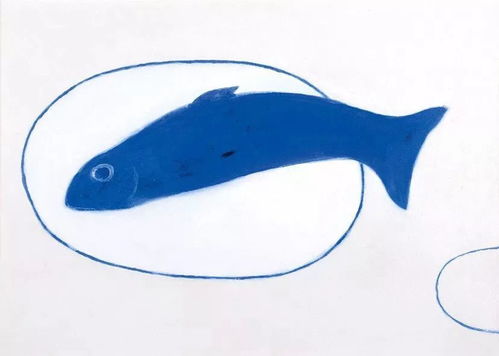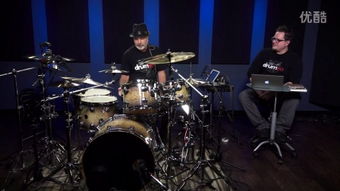When it comes to engaging with anglers, whether you're a fellow fisherman, a fishing guide, or even just a curious onlooker, effective communication can make all the difference. The world of fishing is rich with its own unique language and customs, and being able to navigate this effectively can enhance your experience and build meaningful connections. Here's a guide on how to communicate effectively with anglers.
Listen Attentively
The first and foremost rule of communication is to listen. Anglers often share a wealth of knowledge about their favorite spots, techniques, and the fish they're after. By listening carefully, you can pick up valuable tips and show respect for their expertise.
- Example: "I've heard you're quite the expert on fly fishing. Could you share some of your favorite techniques for catching trout?"
Ask Open-Ended Questions
Instead of asking yes-or-no questions, which can lead to short, uninformative answers, ask open-ended questions that encourage a deeper conversation.
- Avoid: "Do you like fishing here?"
- Do: "What do you think makes this spot particularly good for fly fishing?"
Be Respectful of Their Choices
Anglers have personal preferences when it comes to tackle, bait, and technique. Show respect for their choices even if they differ from yours.
- Example: "I see you're using a spinnerbait. Have you found it to be effective in this water?"
Share Your Experience
Even if you're a beginner, sharing your experiences can be a great icebreaker and can lead to helpful advice.
- Example: "I'm still learning the ropes of bass fishing. Do you have any tips for beginners like me?"
Speak Their Language
The fishing community has its own slang and terms. Familiarize yourself with some of the common phrases and jargon.
- Common Terms:
- Hook-up: When a fish bites.
- Lip: A fish that is landed.
- Chum: Attracting fish with food.
- Tie-in: Attaching one line to another.
Be Mindful of the Environment
Fishing is a sensitive activity that requires respect for the environment. Make sure your conversation reflects this.
- Example: "It's important to keep the water clean. Have you seen any litter around?"
Offer Assistance
If you see an angler struggling, don't be afraid to offer help. It can be as simple as sharing a piece of advice or lending them a tool.
- Example: "I noticed you're having trouble with that line. Would you like some help with that?"
Show Enthusiasm
Enthusiasm is contagious. A positive attitude can make your conversation more enjoyable and memorable.
- Example: "This is such a beautiful spot! I'm really glad we're here to enjoy it together."
Be Patient

Anglers can be patient people, and this patience should be reflected in your conversation. Avoid rushing them and give them the time they need to share their thoughts.
- Example: "I'll wait while you finish your cast. Take your time."
Respect Their Privacy
Not all anglers are comfortable sharing their techniques or experiences. Respect their privacy if they prefer not to engage in conversation.
- Example: "I'll just watch and learn today. Feel free to keep to yourself if you're not up for talking."
In conclusion, effective communication with anglers involves listening, asking open-ended questions, showing respect, and sharing your experiences. By speaking their language and being mindful of the environment, you can build rapport and enjoy a more enriching fishing experience. Remember, the key is to be patient, enthusiastic, and most importantly, to have fun. Happy fishing!












